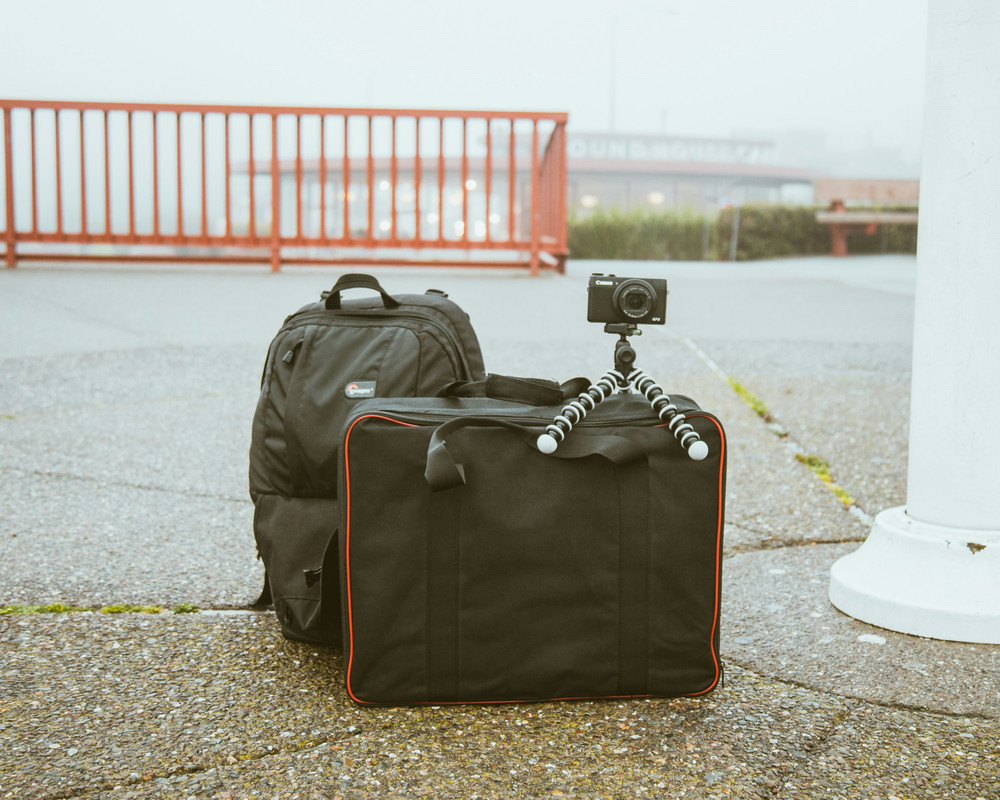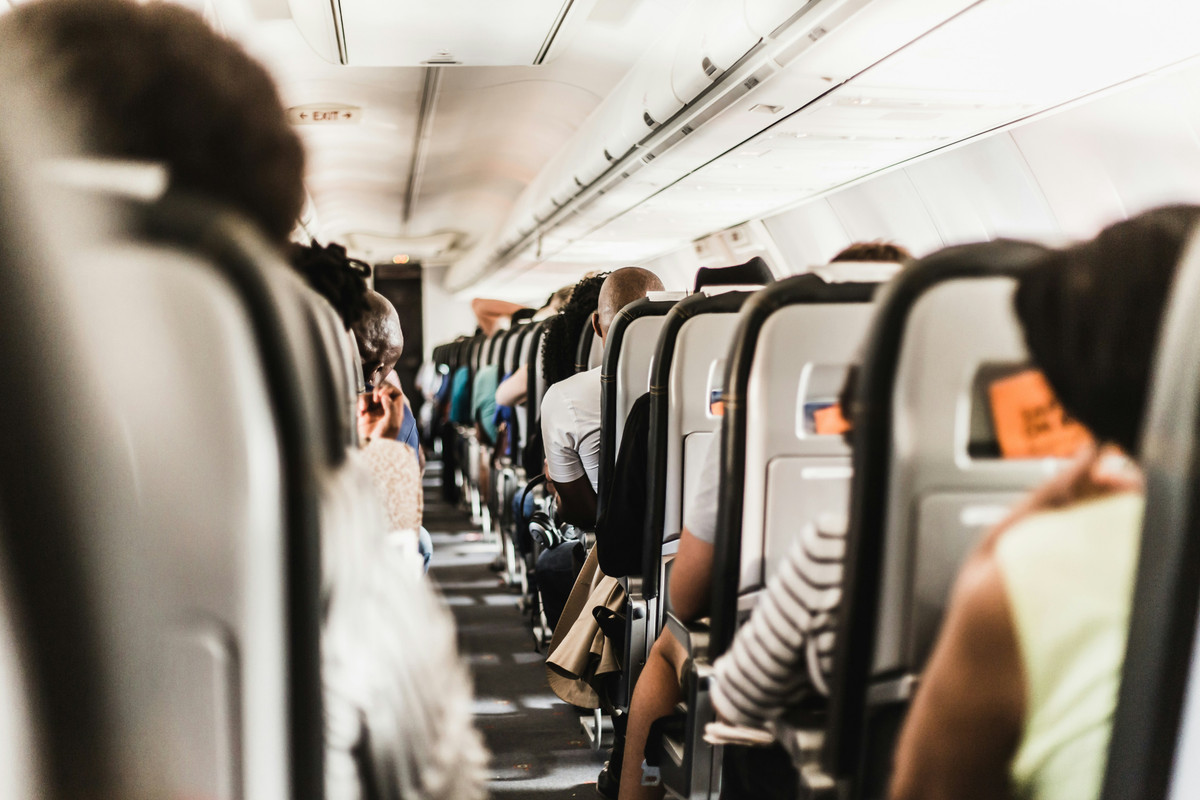How to Travel on a Budget: Money-Saving Tips
Traveling on a budget doesn’t mean sacrificing the quality of your experience. With proper planning and smart choices, you can explore the world without breaking the bank. This comprehensive guide will provide you with valuable tips and strategies to make the most out of your travel budget.
Introduction
Traveling on a budget is not just about saving money; it’s about making your journey more enriching and memorable. Whether you’re a student, a solo traveler, or a family on a tight budget, these tips will help you stretch your dollars further and enjoy your travels more. Let’s dive into the essential aspects of budget travel.
Planning and Preparation
The Importance of Early Planning
Planning your trip well in advance is one of the most effective ways to save money. Early planning allows you to:
- Find cheaper flights and accommodations: Prices for flights and hotels often increase as the departure date approaches. By booking early, you can take advantage of lower prices and special promotions.
- Create a realistic budget: Knowing your travel costs in advance helps you allocate your funds wisely and avoid overspending.
Flexible Travel Dates
Being flexible with your travel dates can lead to significant savings. Here are some tips:
- Travel during off-peak seasons: Avoid traveling during school holidays, weekends, and peak tourist seasons. Off-peak travel not only saves money but also offers a more relaxed experience with fewer crowds.
- Use fare comparison tools: Websites like Skyscanner and Google Flights allow you to compare prices across different dates and airlines, helping you find the best deals.
Using a Travel Budget Spreadsheet
Creating a travel budget spreadsheet can help you keep track of your expenses and ensure you stay within your budget. Include categories such as transportation, accommodation, food, activities, and miscellaneous expenses. Regularly update your spreadsheet to monitor your spending and adjust your budget as needed.
![]()
Transportation Money-Saving Tips
Finding Cheap Flights
Flights can be one of the most significant expenses of your trip. Here are some tips to find affordable flights:
- Use budget airlines: Budget airlines like Ryanair, EasyJet, and Southwest Airlines often offer lower fares compared to traditional carriers. Be aware of additional fees for baggage and other services.
- Set fare alerts: Use websites like Kayak and Hopper to set fare alerts for your desired routes. These alerts notify you when prices drop, allowing you to book at the best time.
- Be flexible with airports: Consider flying into nearby airports that may have cheaper flights and then use public transportation to reach your destination.
Choosing Public Transportation
Public transportation is usually cheaper than taxis or rental cars. Here’s how to make the most of it:
- Research local transport options: Look into buses, trains, and trams in your destination city. Many cities offer day passes or tourist cards that provide unlimited travel on public transport.
- Use apps for navigation: Apps like Google Maps and Citymapper can help you navigate public transportation systems and find the most cost-effective routes.
Carpooling and Ride-Sharing
Carpooling and ride-sharing services like BlaBlaCar and UberPool can save you money, especially for longer distances. These services allow you to share rides with other travelers, reducing costs and providing opportunities to meet new people.

Accommodation Money-Saving Tips
Choosing Budget-Friendly Lodging
Accommodation is another major expense, but there are plenty of budget-friendly options:
- Hostels: Hostels are an excellent choice for budget travelers, offering dormitory-style rooms and communal facilities. Websites like Hostelworld and Booking.com can help you find affordable hostels worldwide.
- Vacation rentals: Platforms like Airbnb and Vrbo allow you to rent apartments or rooms directly from locals, often at lower prices than hotels.
- Couchsurfing: Couchsurfing connects travelers with hosts who offer free accommodation. This option not only saves money but also provides a unique cultural experience.
Booking in Advance and Comparing Prices
Booking your accommodation in advance can help you secure the best deals. Additionally, use comparison websites like Trivago and Hotels.com to compare prices across different platforms and find the best offers.
Staying Outside the City Center
Accommodation in city centers is typically more expensive. Consider staying in the suburbs or outskirts of the city, where prices are lower. Public transportation can easily connect you to the main attractions.

Saving on Food and Drinks
Bringing Your Own Snacks and Meals
Bringing your own snacks and simple meals can significantly reduce your food expenses. Here are some tips:
- Pack non-perishable snacks: Granola bars, nuts, and dried fruits are convenient and cost-effective options for snacking on the go.
- Prepare simple meals: If your accommodation has a kitchen, consider cooking some of your meals. Pasta, rice, and sandwiches are easy to prepare and budget-friendly.
Shopping at Local Markets and Supermarkets
Shopping at local markets and supermarkets can help you save money and experience local culture. Here’s what to do:
- Buy fresh produce: Local markets offer fresh fruits, vegetables, and other local specialties at lower prices than restaurants.
- Look for meal deals: Supermarkets often have meal deals or ready-to-eat options that are cheaper than dining out.
Avoiding Tourist Traps for Dining
Restaurants near tourist attractions are usually more expensive. To save money, consider these alternatives:
- Eat where the locals eat: Ask locals for restaurant recommendations or use apps like Yelp and TripAdvisor to find affordable and authentic dining options.
- Try street food: Street food is often delicious and inexpensive. Look for popular street vendors with good reviews.

Saving on Attractions and Activities
Taking Advantage of Free Attractions and Activities
Many destinations offer free attractions and activities that are worth exploring. Here are some ideas:
- Public parks and gardens: Enjoy the natural beauty and relaxation of public parks and gardens, which are often free to enter.
- Museums with free entry days: Some museums have free entry days or hours. Check their websites for details and plan your visit accordingly.
- Walking tours: Free walking tours are available in many cities. These tours are typically led by local guides who work for tips, making them an affordable way to learn about the city’s history and culture.
Purchasing City Passes and Attraction Bundles
City passes and attraction bundles can offer significant savings if you plan to visit multiple attractions. These passes often include:
- Discounted or free entry to attractions: City passes provide access to top attractions at a lower cost than buying individual tickets.
- Public transportation: Many city passes include unlimited travel on public transportation, adding further value.
Using Discount Websites and Apps
Websites and apps like Groupon, LivingSocial, and GetYourGuide offer discounts on activities, tours, and dining experiences. Keep an eye on these platforms for deals that can enhance your travel experience without breaking the bank.

Saving on Shopping and Souvenirs
Shopping Smart and Avoiding Impulse Buys
To avoid overspending on shopping and souvenirs, consider these strategies:
- Set a budget: Determine how much you can afford to spend on souvenirs and stick to it.
- Prioritize unique items: Look for souvenirs that are unique to the destination and have personal meaning, rather than mass-produced items.
- Shop at local markets: Local markets often have better prices and more authentic items compared to tourist shops.
Finding Affordable and Unique Souvenirs
Affordable and unique souvenirs can be found with a bit of effort. Here are some tips:
- Handmade crafts: Look for handmade crafts and artisanal products that reflect the local culture and traditions.
- Food items: Local food products, such as spices, sweets, and snacks, make great souvenirs and are usually affordable.
Buying Local Products from Supermarkets
Local supermarkets often carry unique and affordable products that make great souvenirs. Consider purchasing local snacks, beverages, and other specialty items that you can share with friends and family back home.

Travel Insurance and Hidden Costs
Choosing Cost-Effective Travel Insurance
Travel insurance is essential for protecting yourself against unexpected events, but it doesn’t have to be expensive. Here are some tips:
- Compare policies: Use comparison websites like InsureMyTrip and Squaremouth to compare travel insurance policies and find the best value.
- Tailor your coverage: Choose a policy that covers your specific needs, such as medical expenses, trip cancellation, and baggage loss. Avoid paying for unnecessary coverage.
Being Aware of Hidden Fees
Hidden fees can quickly add up and blow your budget. Here are some common hidden fees to watch out for:
- Baggage fees: Budget airlines often charge extra for checked baggage. Travel light and pack efficiently to avoid these fees.
- ATM fees: Using foreign ATMs can incur fees from both your bank and the ATM operator. Withdraw larger amounts at once to minimize fees.
- Resort fees: Some hotels charge additional resort fees that are not included in the initial booking price. Check for these fees before booking.
Learning to Negotiate and Bargain
Negotiating and bargaining can save you money, especially in markets and with local vendors. Here are some tips:
- Research prices: Know the typical prices for items you want to buy, so you can negotiate
with confidence.
- Be respectful: Approach bargaining with respect and a friendly attitude. Remember that vendors are trying to make a living.
- Start low: Start with a lower offer and gradually increase it until you reach a fair price.

Other Money-Saving Tips
Utilizing Loyalty Programs and Points
Loyalty programs and points can provide significant savings on travel expenses. Here’s how to make the most of them:
- Sign up for airline and hotel loyalty programs: Accumulate points with each booking and redeem them for free or discounted flights and stays.
- Use credit card rewards: Many credit cards offer travel rewards and points that can be redeemed for flights, hotels, and other travel expenses.
Joining Travel Communities and Forums
Travel communities and forums are excellent resources for budget travelers. Here’s how to benefit from them:
- Share tips and advice: Join forums like Reddit’s r/travel and TripAdvisor to share and receive budget travel tips and recommendations.
- Find travel buddies: Connect with other travelers to share costs and experiences.
Making the Most of Travel Credit Cards and Coupons
Travel credit cards and coupons can offer valuable discounts and perks. Here’s how to use them:
- Apply for travel credit cards: Look for cards with no foreign transaction fees, travel rewards, and sign-up bonuses.
- Use coupons and promo codes: Websites like RetailMeNot and Honey can help you find discount codes for flights, hotels, and activities.

Conclusion
Traveling on a budget doesn’t mean compromising on your experiences. With careful planning, smart choices, and a few money-saving strategies, you can explore the world without breaking the bank. Embrace the adventure, meet new people, and create unforgettable memories without worrying about your finances.
FAQs
-
How can I find the cheapest flights?
Use fare comparison websites, set fare alerts, and be flexible with your travel dates and airports. -
What are some recommended budget accommodation platforms?
Hostelworld, Airbnb, and Couchsurfing are great options for finding affordable accommodation. -
How can I save on food without compromising on experience?
Bring your own snacks, shop at local markets, and avoid tourist traps for dining. -
What are some free attractions and activities worth exploring?
Public parks, museums with free entry days, and free walking tours are excellent options. -
How can I avoid hidden fees while traveling?
Be aware of baggage fees, ATM fees, and resort fees. Negotiate and bargain where appropriate.




